Stool Test For Crohn's Disease
Stool test for crohn's disease. The two main inflammatory marker tests used for IBD are c-reactive protein CRP and erythrocyte sedimentation rate ESR. A biopsy tiny pieces of your bowel are removed during a colonoscopy and checked for signs of Crohns disease an MRI scan or CT scan you may have. A colonoscopy a thin flexible tube with a camera at the end is inserted into your bottom to look for inflammation in.
Testing of stool or feces can be helpful when monitoring disease activity in Crohns disease and IBD. People with Crohns disease require regular medical. Your doctor may order diagnostic testing to look for signs of Crohns disease and rule out other possible medical conditions.
When my gastroenterologist was diagnosing me for unknown gastrointestinal issues he offered a stool test first but mentioned a colonoscopy would. A positive test is generally considered to be over 200 µgg and you will probably need to undergo further testing. Photo by Mary Horsley.
Stool samples should be tested for the presence of white blood cells WBCs occult blood routine pathogens ova parasites and Clostridium difficile. Doctors use stool tests to rule out other causes of digestive diseases. Doctors diagnose Crohns disease by performing several different tests which can include blood testing stool testing imaging and endoscopy.
From my understanding a colonoscopy is considered a golden standard for diagnosing Crohns disease. Your stool specimen will be analyzed to eliminate the possibility that your symptoms are caused by bacteria a virus or a parasite. For example stool testing can identify parasites and pins worms that could be causing symptoms and flares.
A comprehensive stool test is an excellent way to rule out other gut issues and is also a useful tool for detecting GI problems like a pathogen in the gut related to Crohns. Blood tests can look for signs of infection as well as anemia which could indicate bleeding in. Further testing could include X-rays of the upper and lower GI tract.
Intestinal endoscopy Intestinal endoscopies are the most accurate methods for diagnosing Crohns disease and ruling out other possible conditions such as ulcerative colitis diverticular disease or cancer. Correlation with Crohns disease activity index and endoscopic findings For evaluation of Crohns disease activity based on endoscopic findings more sensitive surrogate markers than is CDAI or CRP are fecal calprotectin and lactoferrin.
Doctors use stool tests to rule out other causes of digestive diseases.
Crohns disease activity assessed by fecal calprotectin and lactoferrin. The inflammatory process caused by Crohns disease especially if it involves large tracts of intestine alters the absorption mechanisms of different substances due to the lack of reabsorption of the bile salts which normally stimulate the reabsorption of food fats and therefore can also determine the appearance of steatorrhea fats in the stool. Your stool specimen will be analyzed to eliminate the possibility that your symptoms are caused by bacteria a virus or a parasite. Your doctor will likely recommend laboratory tests of your blood and fecal matter. The two main inflammatory marker tests used for IBD are c-reactive protein CRP and erythrocyte sedimentation rate ESR. CT scans help your doctor diagnose your Crohns and determine the location and extent of your disease. These tests can indicate if inflammation or internal bleeding is present and assist your healthcare team with disease management and treatment decisions. A biopsy tiny pieces of your bowel are removed during a colonoscopy and checked for signs of Crohns disease an MRI scan or CT scan you may have. People with Crohns disease require regular medical.
A colonoscopy a thin flexible tube with a camera at the end is inserted into your bottom to look for inflammation in. Your doctor may order diagnostic testing to look for signs of Crohns disease and rule out other possible medical conditions. A positive test is generally considered to be over 200 µgg and you will probably need to undergo further testing. For example stool testing can identify parasites and pins worms that could be causing symptoms and flares. CT scans help your doctor diagnose your Crohns and determine the location and extent of your disease. Further testing could include X-rays of the upper and lower GI tract. From my understanding a colonoscopy is considered a golden standard for diagnosing Crohns disease.
/crohns-disease-diagnosis-5aec9f49c5542e0036b9785c.png)
:max_bytes(150000):strip_icc()/ibd-diagnosis-1942637-ADD-FINAL-V2-7b15328088a94c67a780981fddca4402.png)
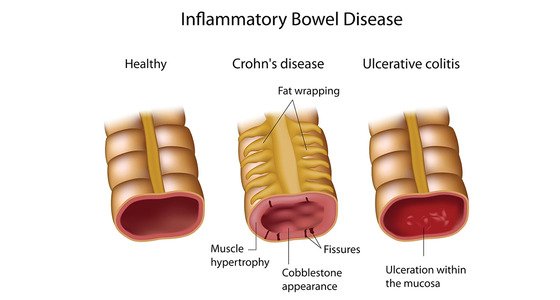
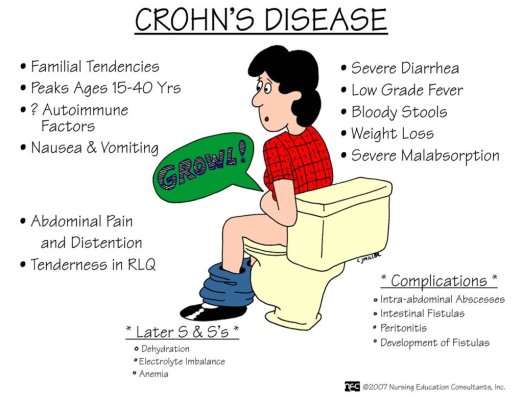


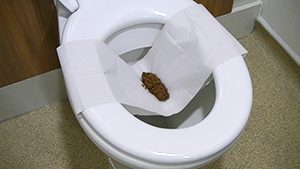
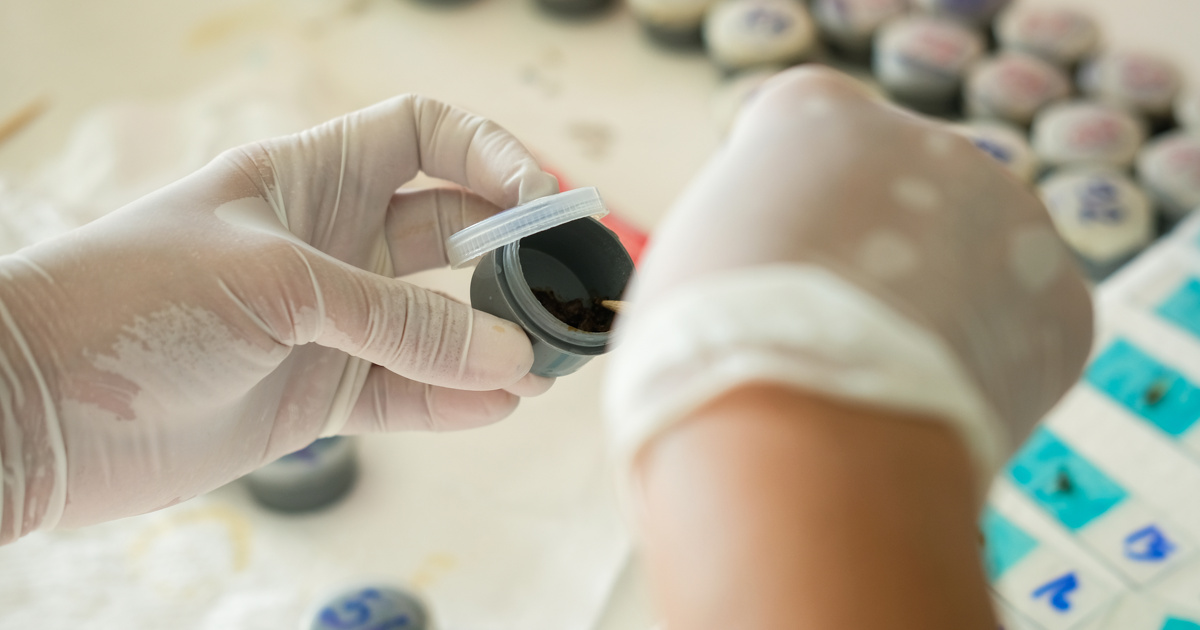
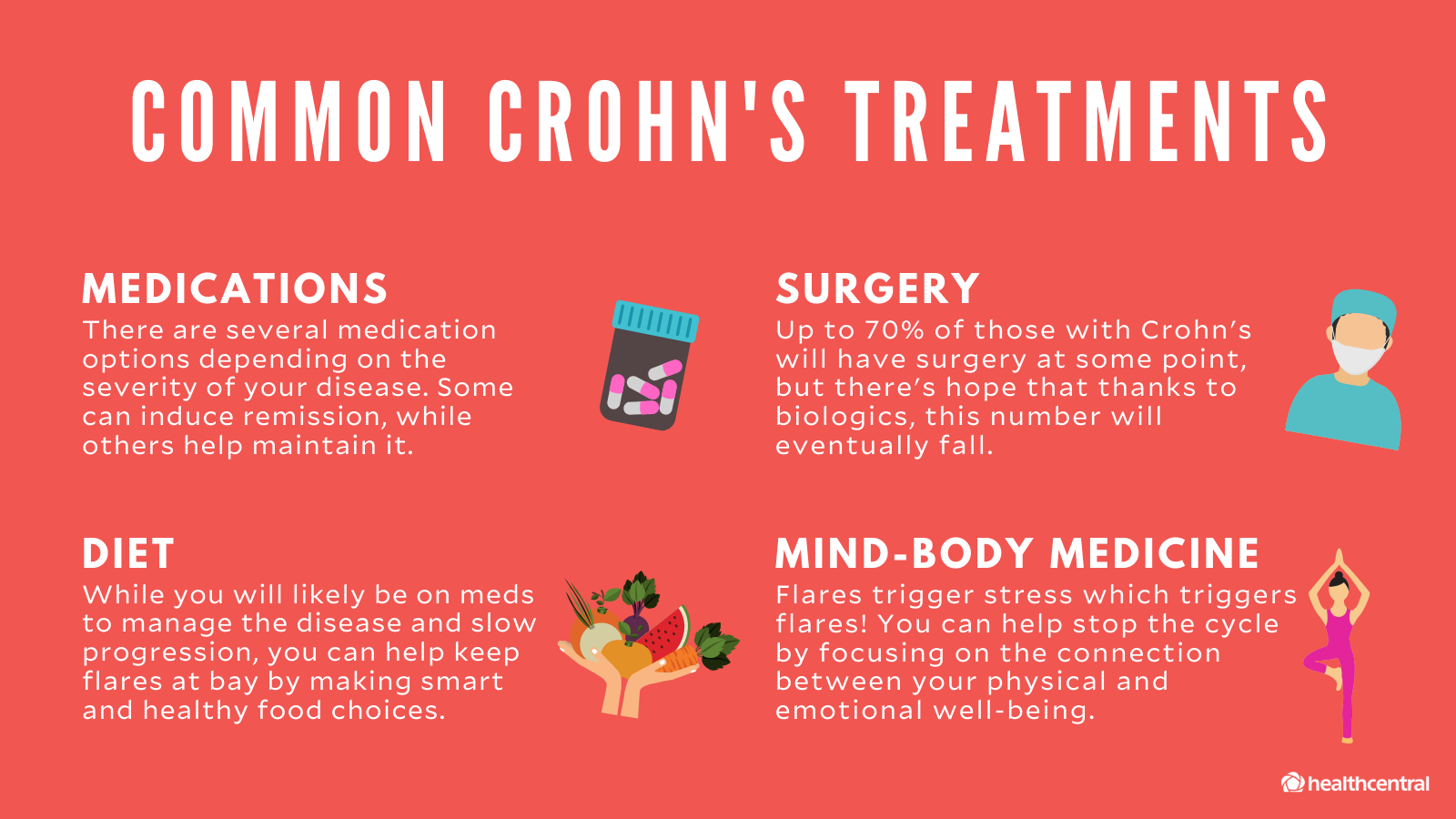

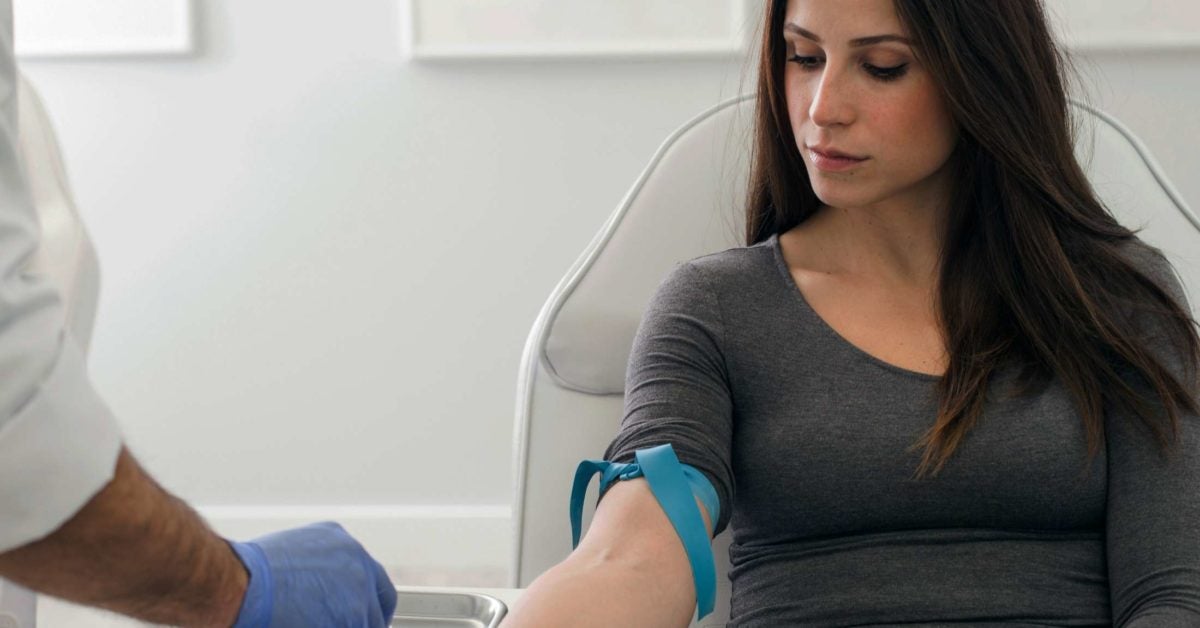
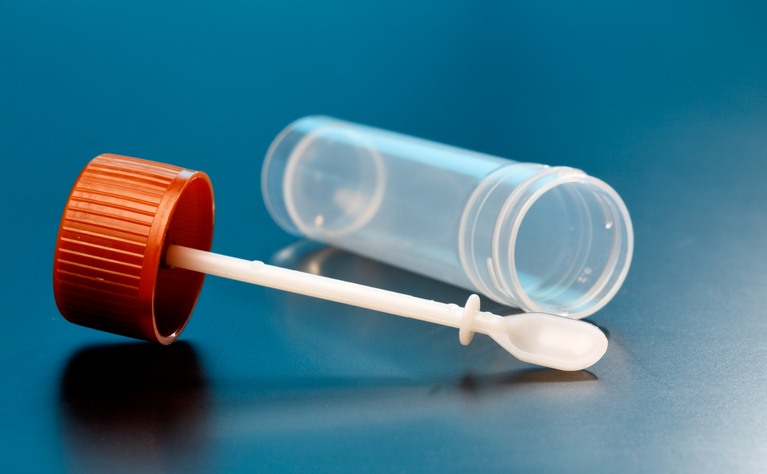
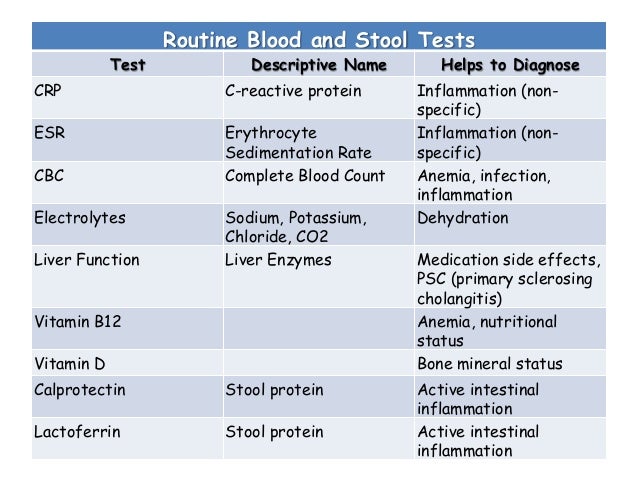

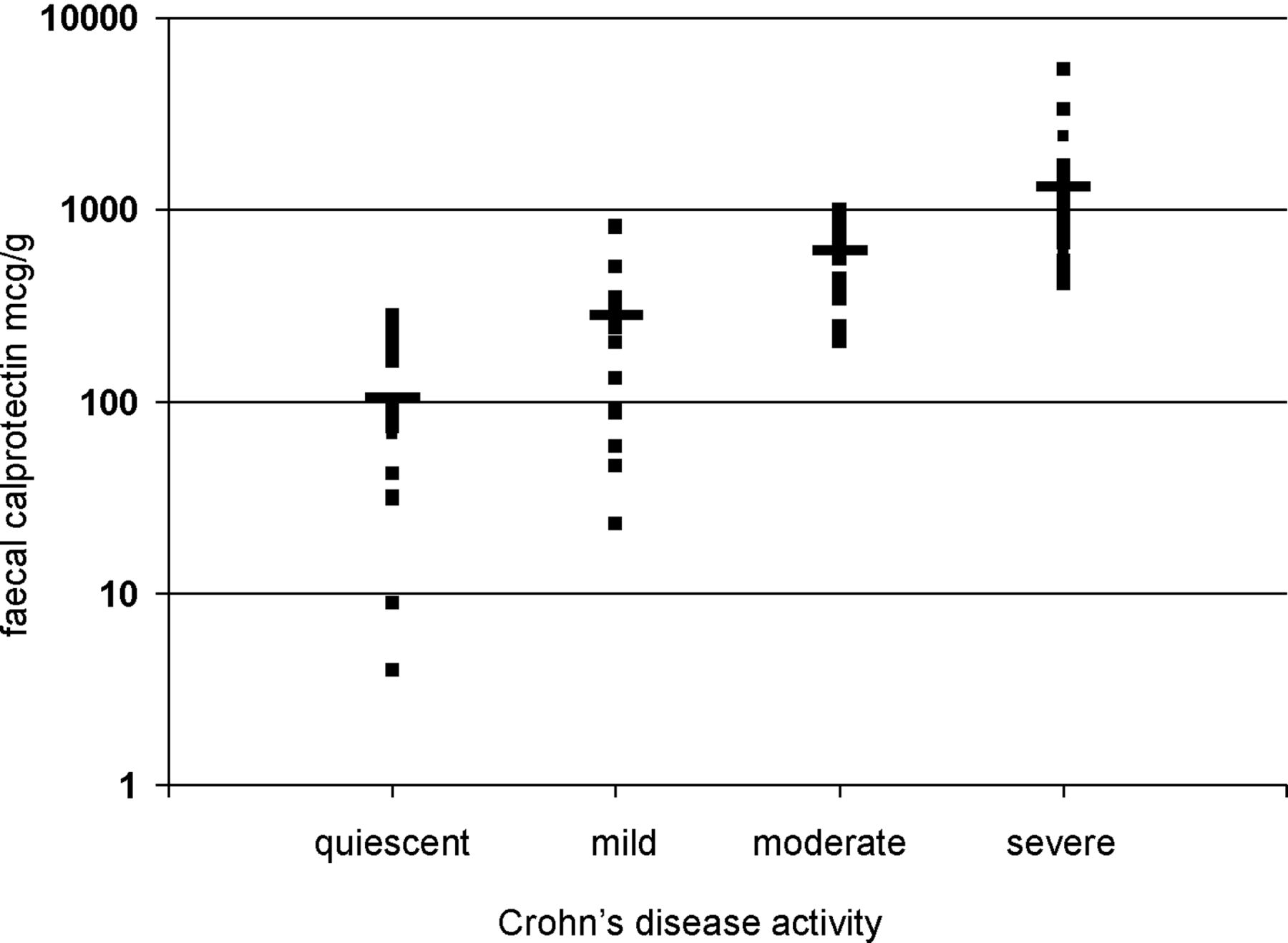
/crohns-disease-symptoms-5b310ede0e23d90036925980.png)





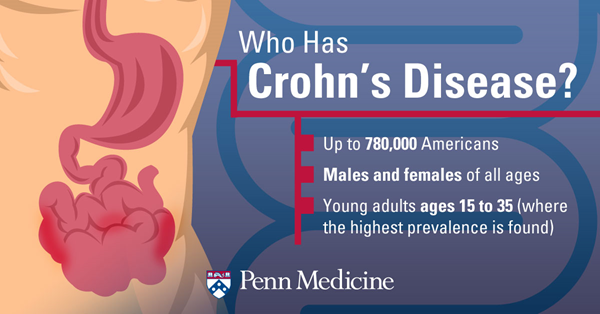


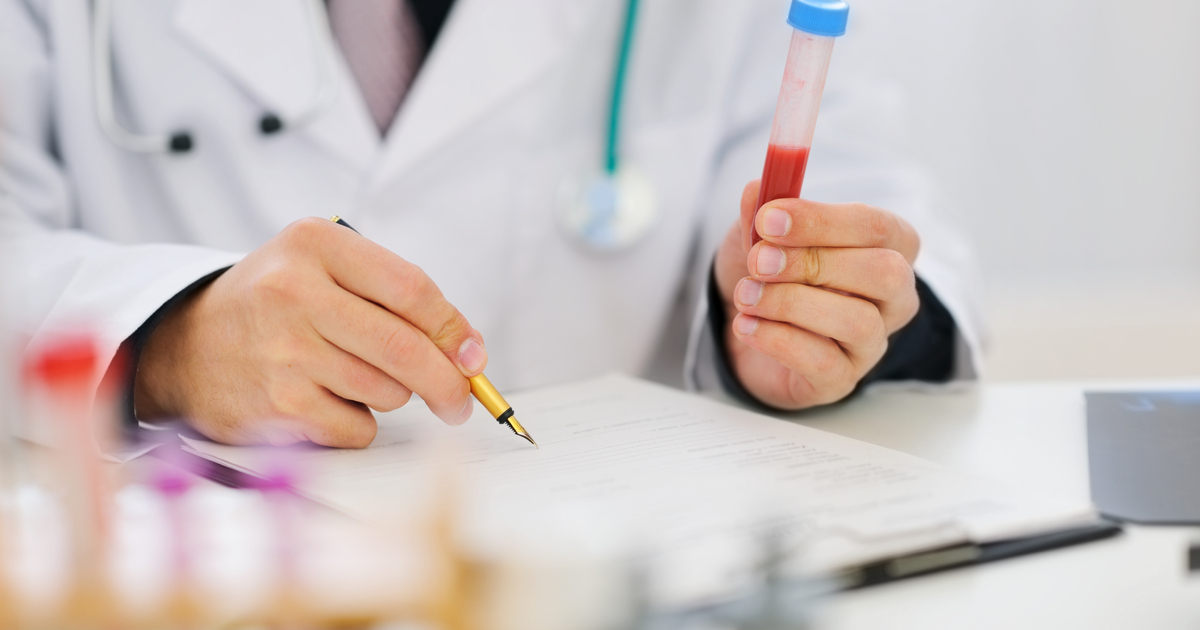



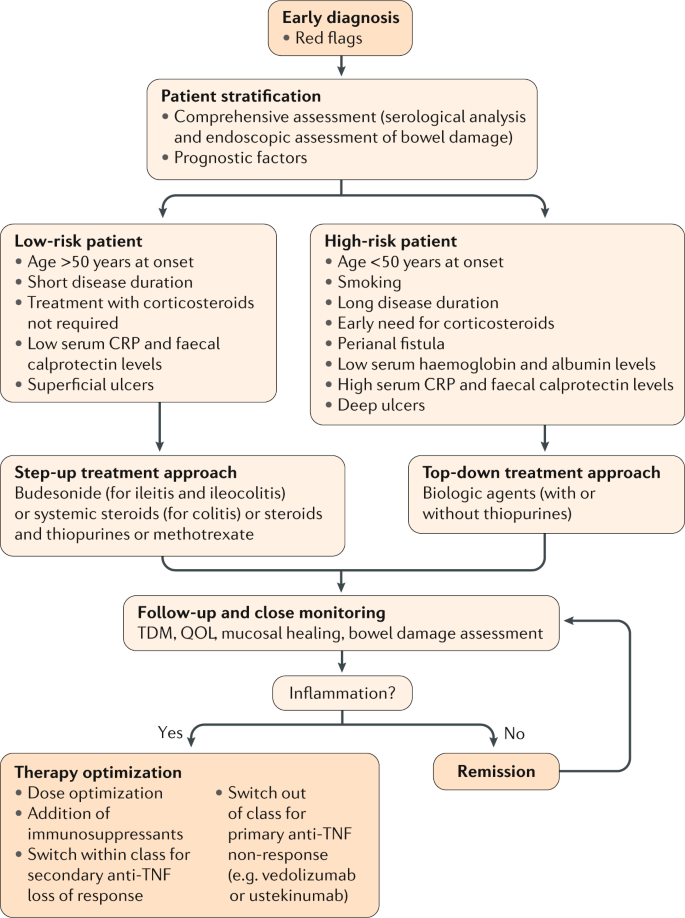

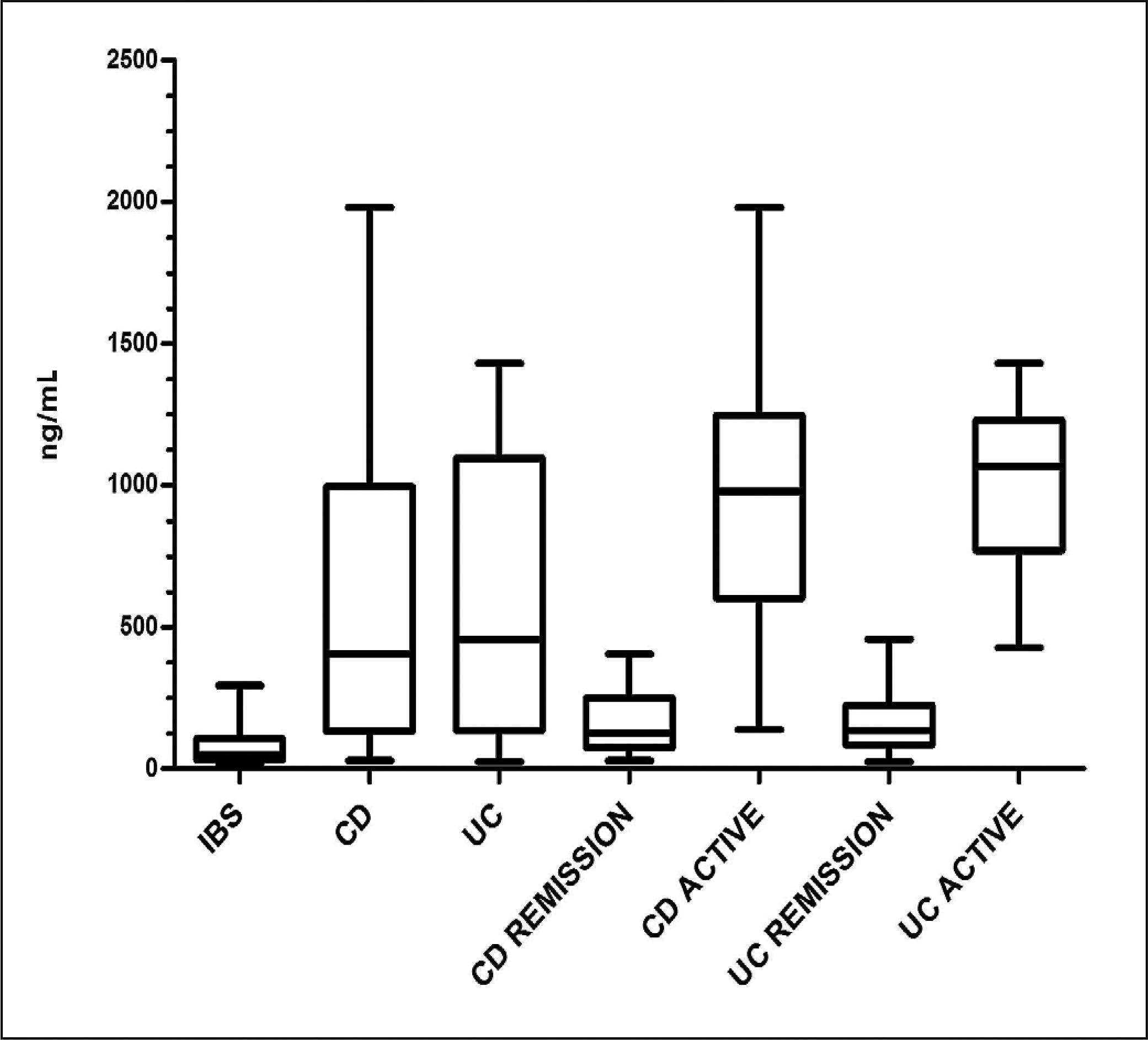






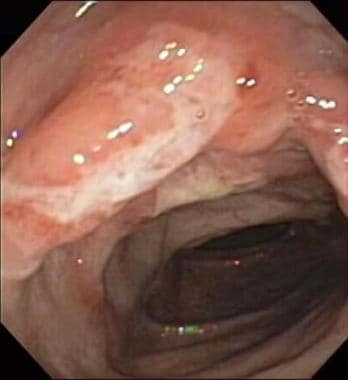
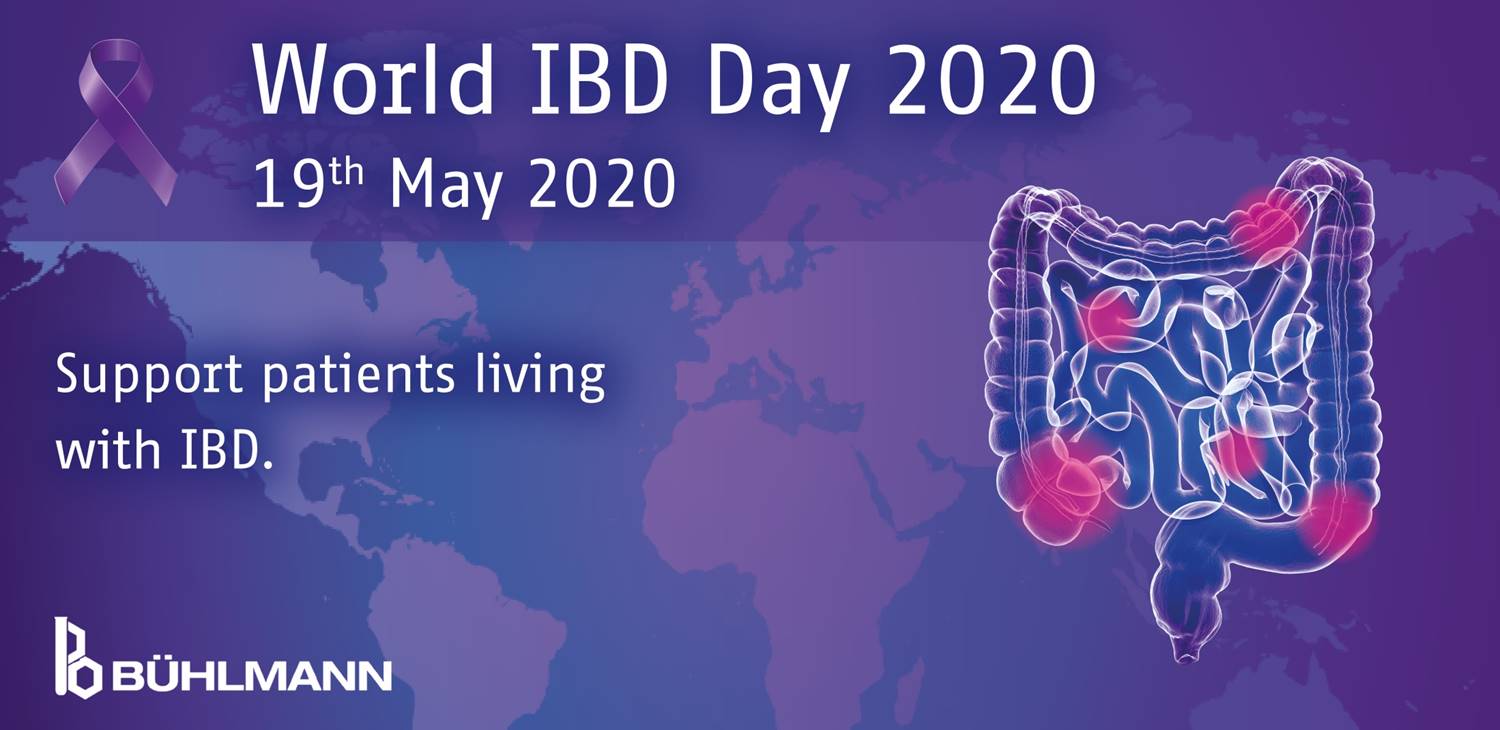

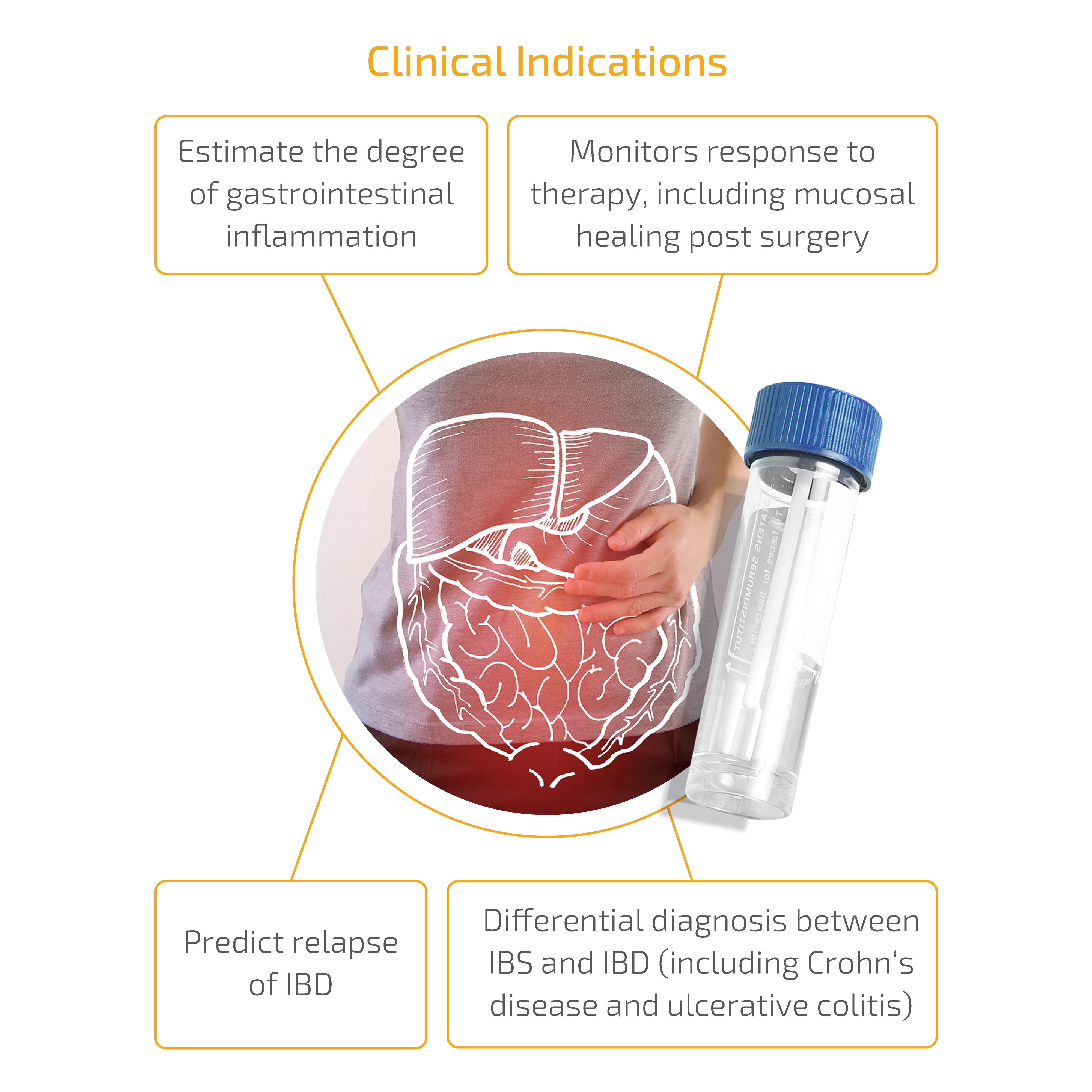
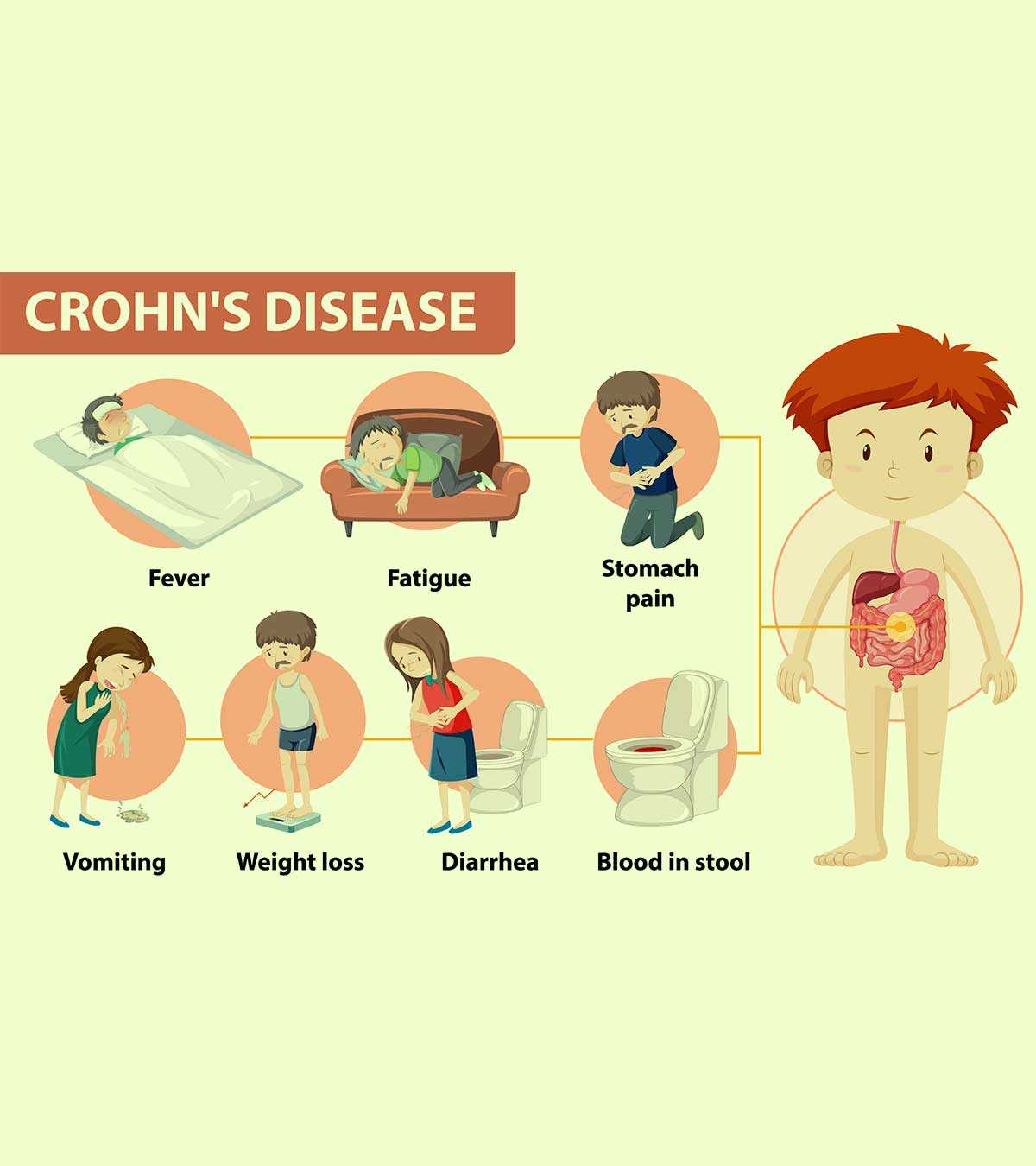
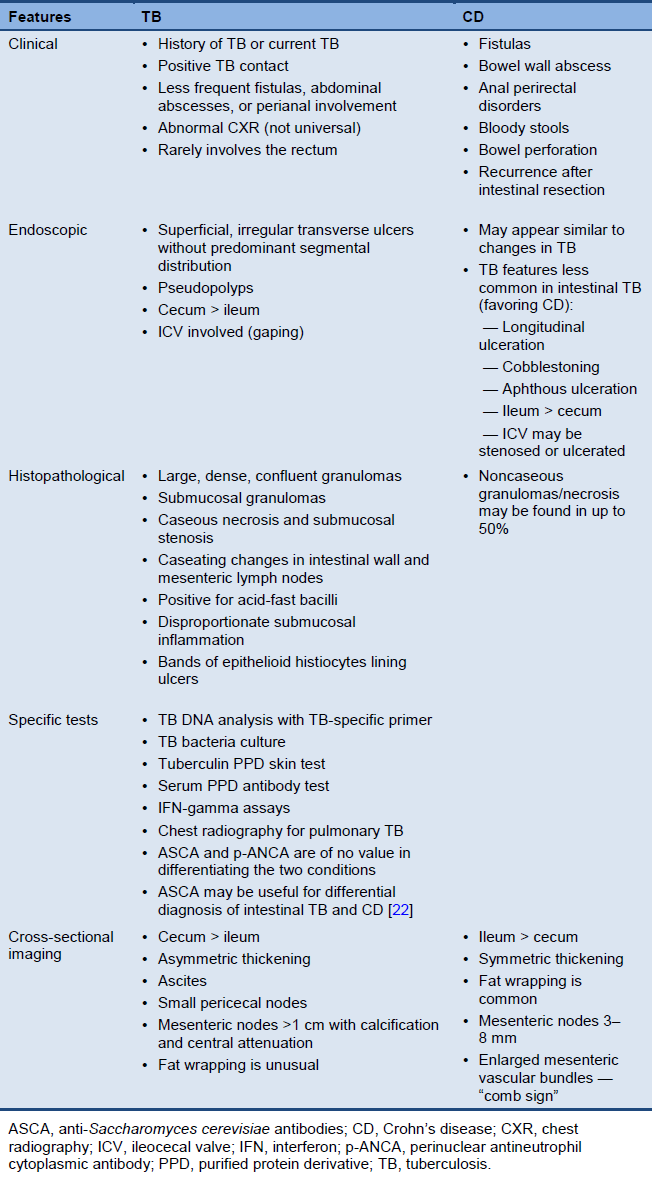
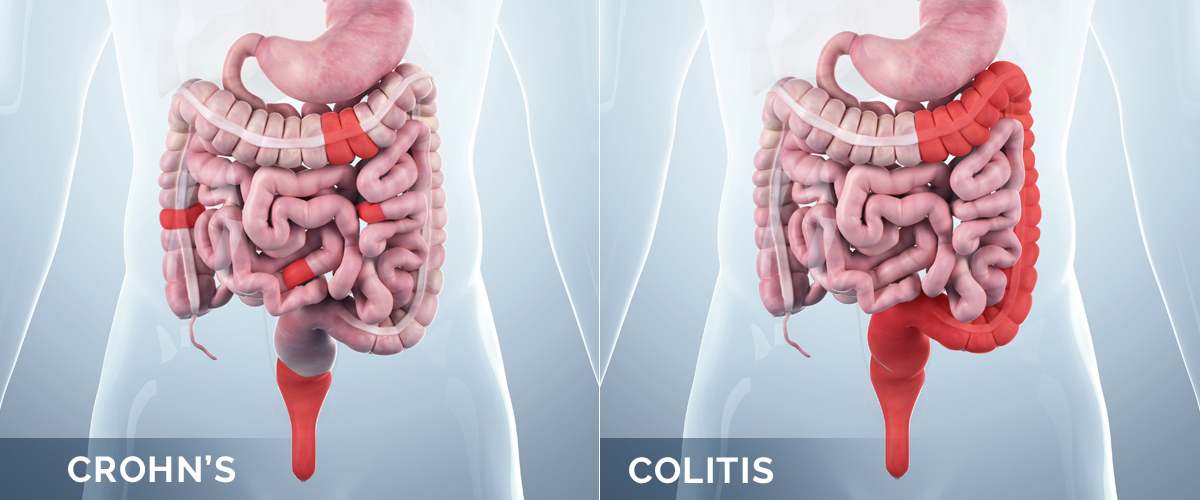


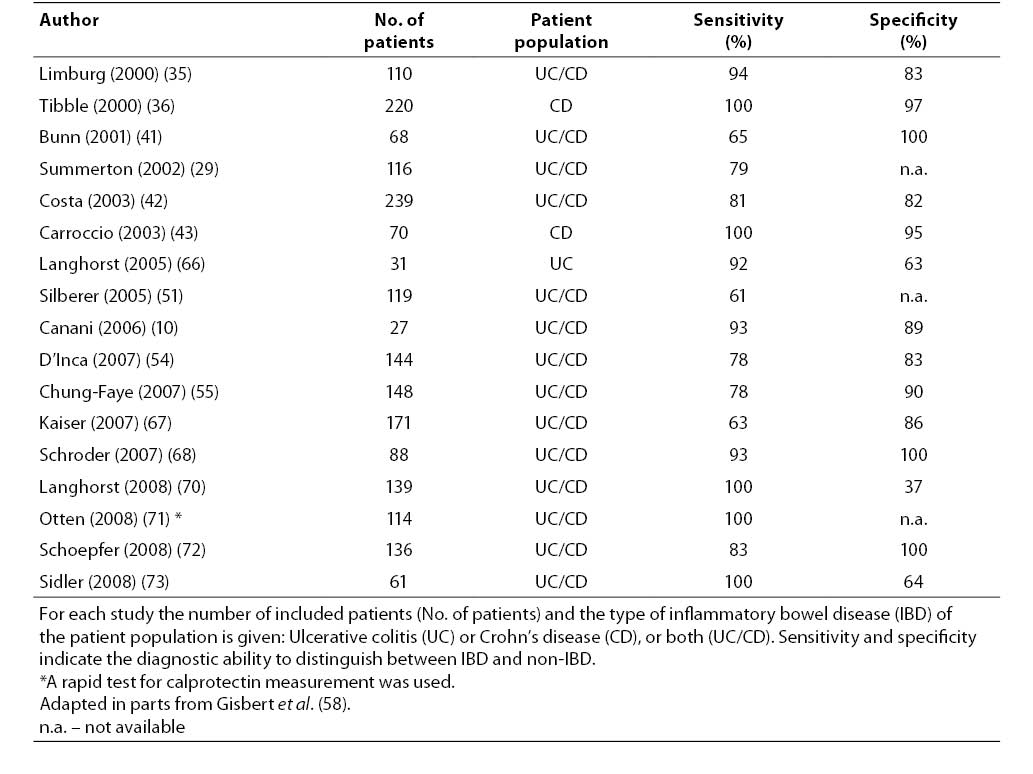
Posting Komentar untuk "Stool Test For Crohn's Disease"